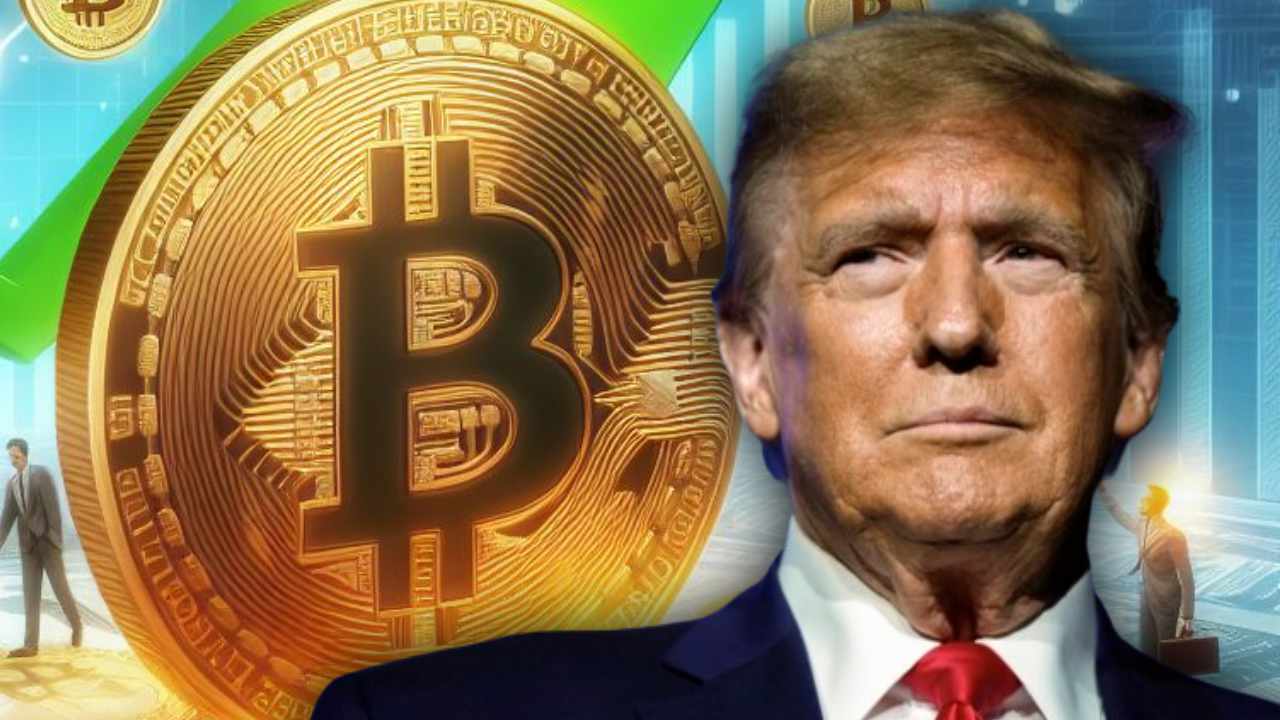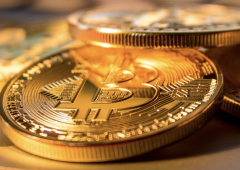MAGA to the Rescue – Trump Vows to Stop Crypto “Crackdown”
09.07.2024 20:00 1 min. read Alexander Stefanov
The Republican Party, led by former President Donald Trump, has unveiled a platform supporting cryptocurrency innovation, detailed in a document from the Republican National Committee.
This platform outlines key priorities for Trump and GOP congressional candidates for the November election, reflecting a growing interest in digital assets within the party.
The document pledges to end what it calls the Democrats’ “unlawful Crypto crackdown” and opposes the creation of a Central Bank Digital Currency (CBDC). It also supports Bitcoin mining, self-custody of digital assets, and transaction freedom from government surveillance.
Trump, who once doubted cryptocurrencies, now supports them and has launched his own NFTs. His campaign and an affiliated political action committee accept crypto donations.
READ MORE:

Australia Approves Another Spot Bitcoin ETF
While the committee’s announcement highlighted 20 policy promises, digital assets were included in the economy section under innovation initiatives.
Republicans, including Trump, oppose CBDCs, arguing they lead to increased financial surveillance. Federal Reserve Chair Jerome Powell and others have stated that any digital dollar would require Congressional and White House approval and be managed by the banking system.
-
1
UK Regulators Unveil PISCES – A New Era for Private Share Trading
11.06.2025 15:00 2 min. read -
2
Trump Turns 79 With Billions in Crypto and a $45M Parade
14.06.2025 22:00 2 min. read -
3
Polygon Breaks from Decentralization as Sandeep Nailwal Assumes Full Control
11.06.2025 20:00 2 min. read -
4
KuCoin Plants Its Flag in Bangkok With a Licensed Thai Exchange
14.06.2025 13:00 1 min. read -
5
Nvidia CEO Urges UK to Invest in AI Infrastructure or Risk Falling Behind
10.06.2025 9:00 1 min. read
U.S. Bank Advises Clients to Drop These Cryptocurrencies
Anchorage Digital, a federally chartered crypto custody bank, is urging its institutional clients to move away from major stablecoins like USDC, Agora USD (AUSD), and Usual USD (USD0), recommending instead a shift to the Global Dollar (USDG) — a stablecoin issued by Paxos and backed by a consortium that includes Anchorage itself.
Vitalik Buterin Warns Digital ID Projects Could End Pseudonymity
Ethereum co-founder Vitalik Buterin has voiced concerns over the rise of zero-knowledge (ZK) digital identity projects, specifically warning that systems like World — formerly Worldcoin and backed by OpenAI’s Sam Altman — could undermine pseudonymity in the digital world.
What Are the Key Trends in European Consumer Payments for 2024?
A new report by the European Central Bank (ECB) reveals that digital payment methods continue to gain ground across the euro area, though cash remains a vital part of the consumer payment landscape — particularly for small-value transactions and person-to-person (P2P) payments.
History Shows War Panic Selling Hurts Crypto Traders
Geopolitical conflict rattles markets, but history shows panic selling crypto in response is usually the wrong move.
-
1
UK Regulators Unveil PISCES – A New Era for Private Share Trading
11.06.2025 15:00 2 min. read -
2
Trump Turns 79 With Billions in Crypto and a $45M Parade
14.06.2025 22:00 2 min. read -
3
Polygon Breaks from Decentralization as Sandeep Nailwal Assumes Full Control
11.06.2025 20:00 2 min. read -
4
KuCoin Plants Its Flag in Bangkok With a Licensed Thai Exchange
14.06.2025 13:00 1 min. read -
5
Nvidia CEO Urges UK to Invest in AI Infrastructure or Risk Falling Behind
10.06.2025 9:00 1 min. read

